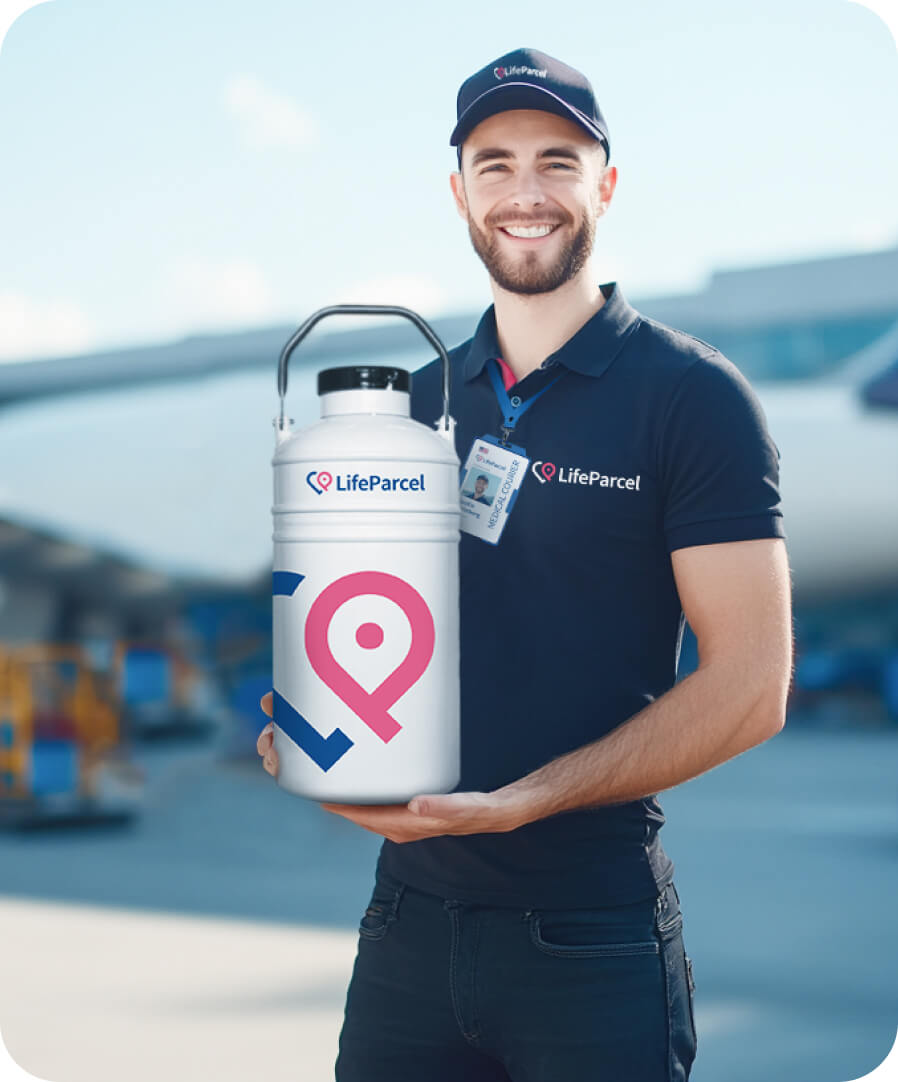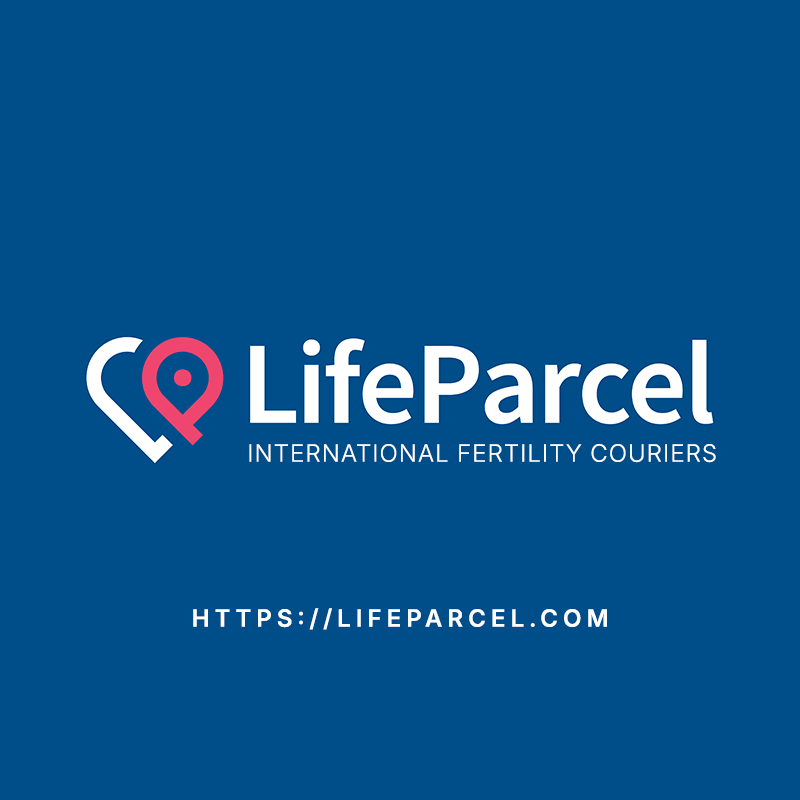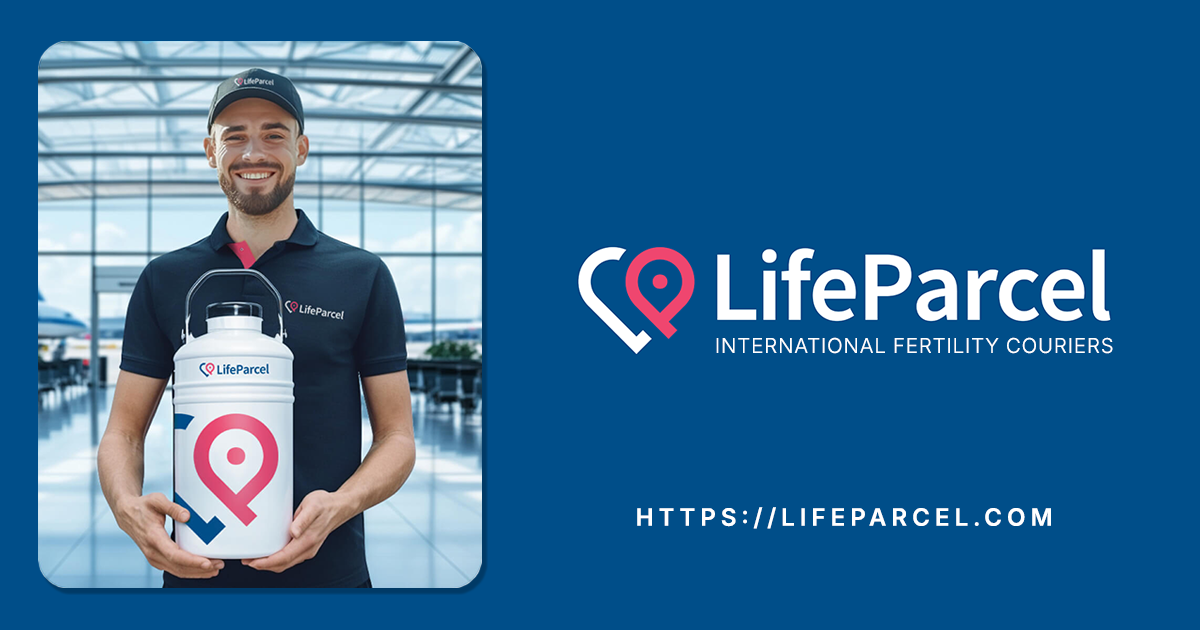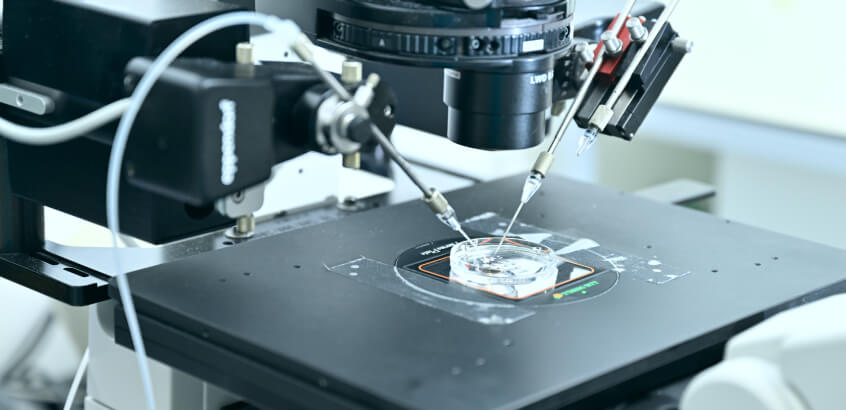Introduction
With the rising demand for international fertility transport, more patients and clinics are relying on the secure transport of embryos and gametes across borders. However, navigating customs challenges can be complex, and any delay in the transport process could impact the viability of these delicate materials. Understanding and addressing these regulatory hurdles is crucial to ensuring a seamless, compliant shipping experience.
Customs regulations play a significant role in fertility material logistics. Different countries have varying legal requirements, documentation needs, and import/export restrictions for cryopreserved genetic materials. This article explores the impact of cross-border regulations on fertility transport and how expert couriers like LifeParcel mitigate these challenges to provide a reliable, secure transport solution for patients and fertility clinics worldwide.
Why Customs Regulations Matter in Fertility Transport
Ensuring legal compliance in international fertility transport is essential for preventing unexpected delays, confiscations, or regulatory violations. Many countries require extensive documentation, such as permits, medical declarations, and compliance with tissue-handling laws, before allowing cryogenic shipments to clear customs. Without proper documentation and planning, shipments can face significant hold-ups or even rejection at the border.
Beyond legal concerns, customs challenges can directly impact fertility material safety. Delays in clearance can extend transit times, increasing the risk of temperature fluctuations or exposure to harmful external conditions. Cryogenic logistics must account for these potential issues by using specialized liquid nitrogen dry shippers and real-time monitoring to ensure that fertility materials remain viable throughout the entire customs process.
Common Customs Challenges in Fertility Material Transport
One of the biggest customs challenges in international fertility transport is navigating the varying legal frameworks for importing and exporting fertility materials. Some countries have strict laws regarding the movement of cryopreserved embryos, sperm, and eggs, requiring specific permits or approvals from national health authorities. Others may have less formalized regulations, creating inconsistencies in customs procedures that can lead to confusion and potential shipment delays.
Documentation issues are another major factor that can impact the secure transport of embryos and gametes. Missing or incorrect paperwork—such as import permits, medical declarations, or compliance certifications—can result in extended customs processing times or, in worst-case scenarios, shipment rejection. Ensuring all required documents are correctly completed and submitted in advance is critical to avoiding unnecessary hurdles.
How LifeParcel Navigates Customs Hurdles
As a trusted IVF courier company, LifeParcel specializes in handling international fertility transport and has a deep understanding of regulatory requirements across various countries. Their team stays up to date on the latest cross-border regulations, ensuring that each shipment meets all necessary compliance standards before it even reaches customs. By leveraging their industry expertise, they help clients navigate complex legal frameworks and avoid unnecessary risks.
To mitigate potential delays, LifeParcel implements pre-clearance strategies, securing customs approvals and documentation in advance to streamline transit. Their partnerships with international customs agencies and health authorities enable them to anticipate challenges before they arise, ensuring a secure transport process for fertility materials. By proactively addressing compliance concerns, LifeParcel ensures shipments clear customs efficiently and reach their destinations on time.
Key Documents Needed for Smooth Customs Clearance
One of the most critical aspects of cross-border regulations in fertility material transport is securing the proper medical certifications. These include documentation from fertility clinics confirming the origin, intended use, and medical necessity of the cryopreserved embryos, sperm, or eggs. Many countries require a letter from a licensed physician or fertility specialist, ensuring that the transport complies with health regulations and ethical guidelines. Without these approvals, shipments can face extended processing times or be denied entry.
Additionally, import/export permits play a crucial role in customs clearance. Each country has unique rules regarding the shipment of reproductive materials, and failing to obtain the necessary permits can result in significant delays or outright rejection of the shipment. Working with an expert in fertility material safety ensures that all required permits are in place before the shipment begins its journey, reducing the risk of unexpected obstacles.
Tips for Ensuring Seamless Customs Clearance
Choosing a reliable fertility material transport provider with customs expertise is the first step to avoiding international shipping complications. Experienced couriers like LifeParcel understand the specific cross-border regulations that apply to different countries and can proactively secure all necessary approvals. Their knowledge of time-sensitive logistics allows them to coordinate directly with customs officials, ensuring that shipments pass through without unnecessary hold-ups.
Even with careful planning, unexpected customs challenges can arise, so planning for possible delays is essential. Patients and clinics should build extra time into their schedules to accommodate potential documentation reviews, additional security screenings, or regulatory questions. By working with a courier like LifeParcel that provides secure transport of embryos and gametes and real-time tracking, clients can have peace of mind knowing that their shipment is being monitored and handled with the highest level of care.
Conclusion
Navigating customs challenges is a crucial step in ensuring the safe and timely transport of fertility materials across international borders. Without proper documentation, import/export permits, and expert handling, shipments can face significant delays, jeopardizing the viability of cryopreserved embryos, sperm, and eggs. By understanding international fertility transport regulations and working with experienced professionals, patients, and clinics can minimize risks and ensure a seamless process.
LifeParcel specializes in handling the complexities of cross-border fertility shipping, providing a trusted IVF courier company that ensures compliance, security, and efficiency. With pre-clearance strategies, real-time tracking, and expert couriers trained in customs regulations, LifeParcel offers a stress-free transport experience. Contact LifeParcel today to arrange secure, compliant international fertility material transport with confidence.





